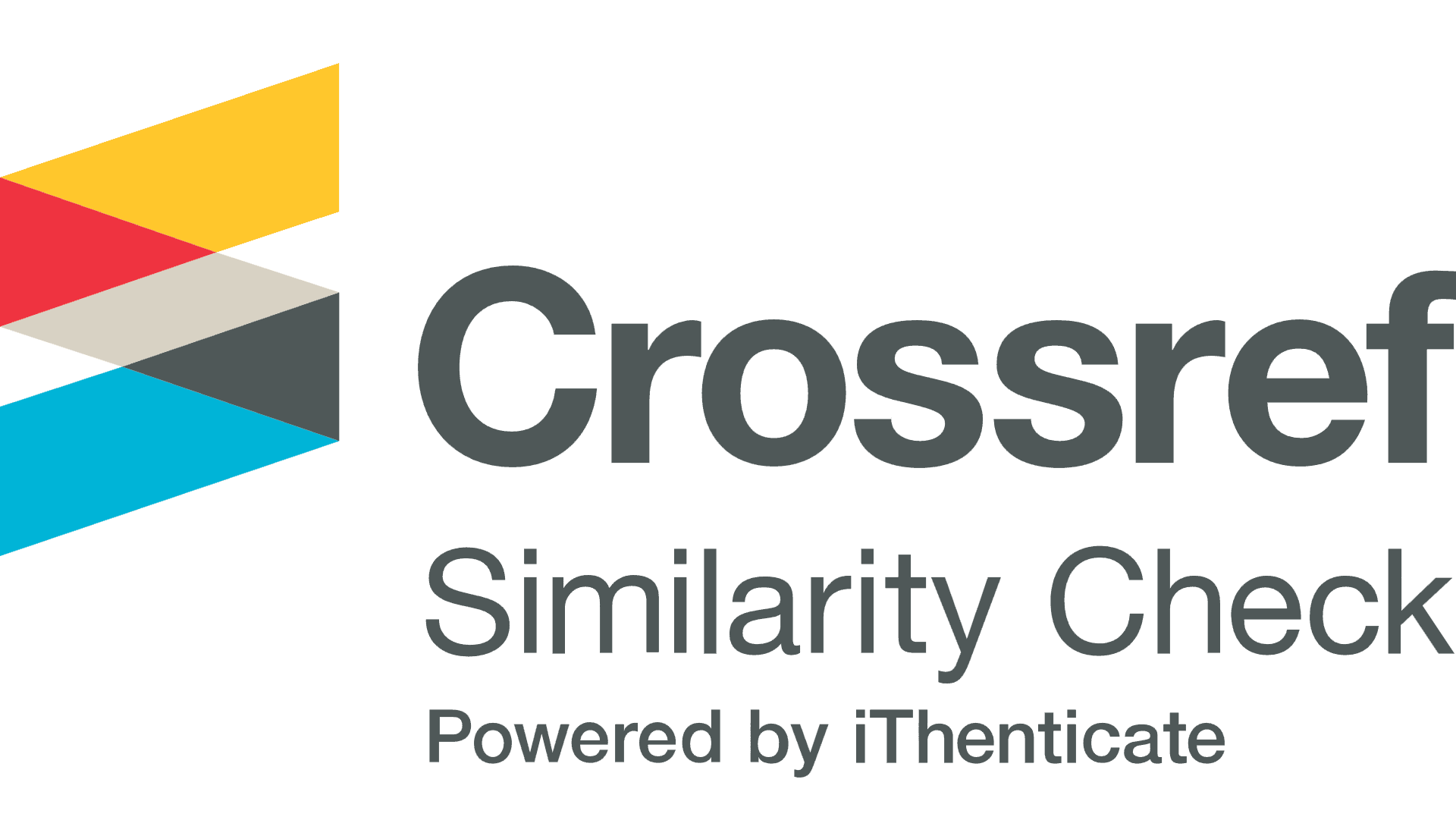Sport Management Maturity Assessment: Application to COSMA Competencies Scale
DOI:
https://doi.org/10.31410/Balkans.JETSS.2022.5.2.125-142Keywords:
Sport management, Maturity assessment, Maturity frameworks, COSMA, Tracking matrix, Human resources management, Operations managementAbstract
The results of a literature survey on the application of management science fields to sport management are presented. The most prominent Critical Success Factors and Enablers for their achievement, identified in the SM maturity assessment frameworks are specified. Existing published work in sport management per critical success factor and enabler category is also presented thus providing a theoretical basis for their significance in the sport management field. A novel holistic sports management maturity assessment framework is proposed. The framework is based on and includes, a ten-by-ten matrix, the most prominent critical success factors and enablers identified in the literature survey. The proposed framework is then applied to the most known sport management competencies accreditation framework called COSMA. The result of this application is a proposed novel “tracking matrix”. Both the proposed maturity frameworks and the tracking matrix can be used by both academics and practitioners in the SM field.



